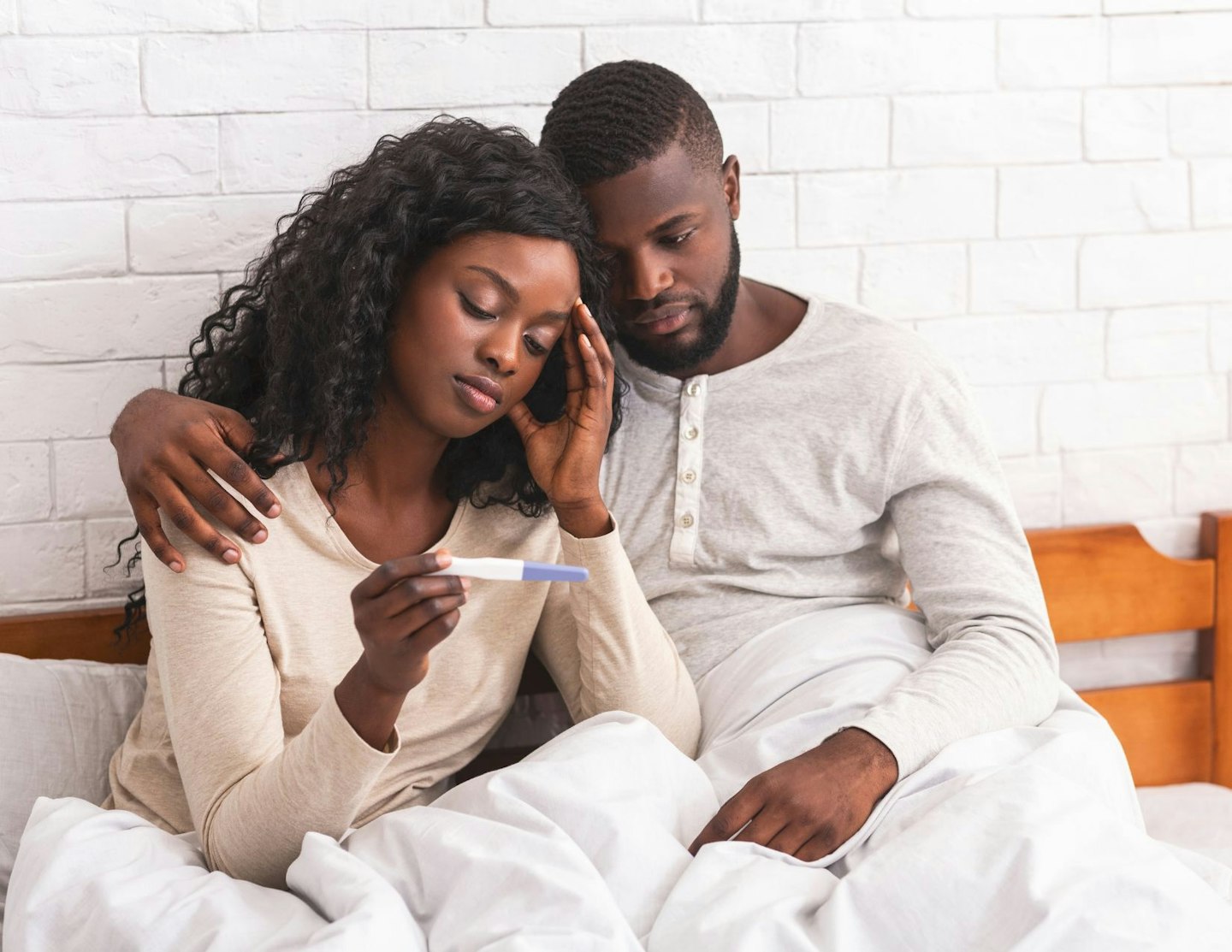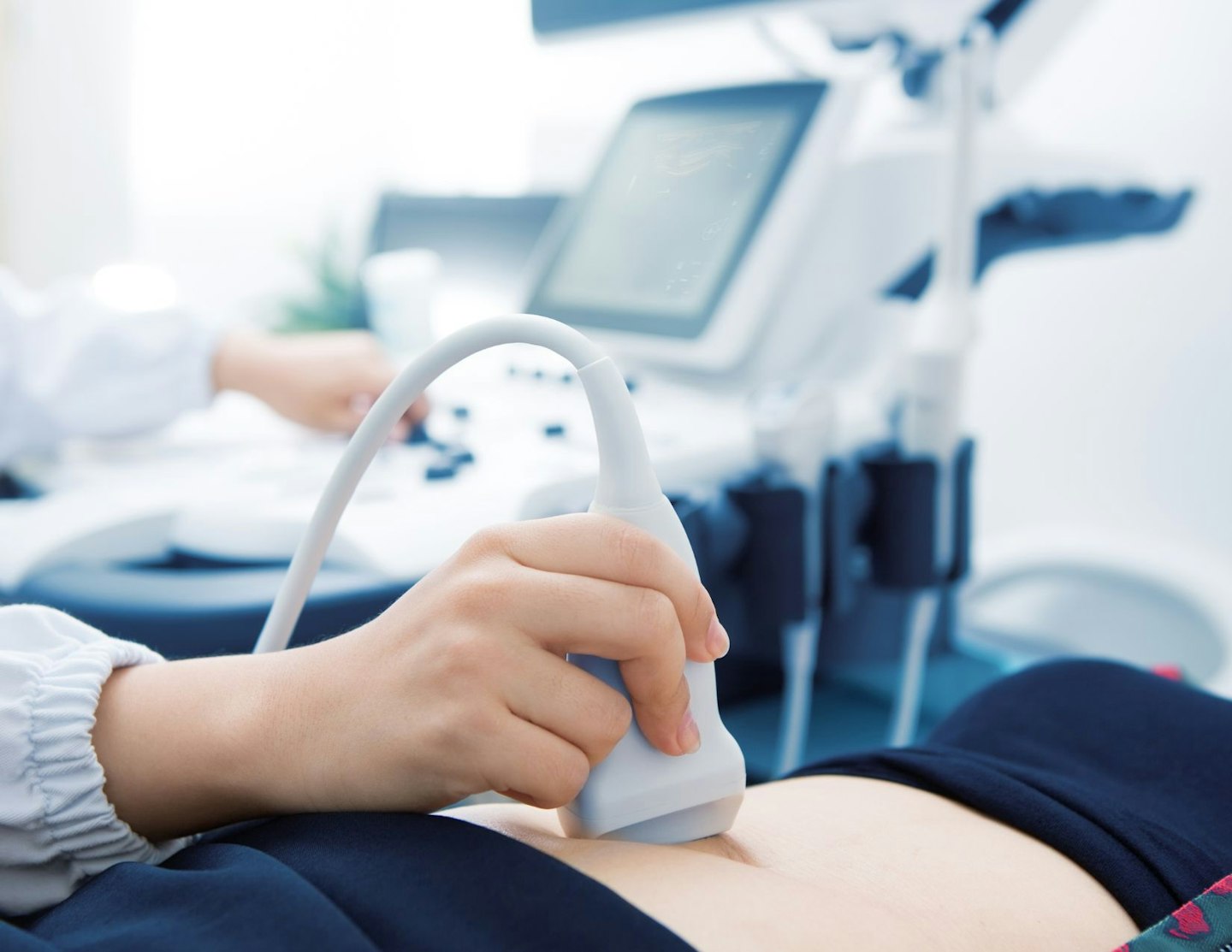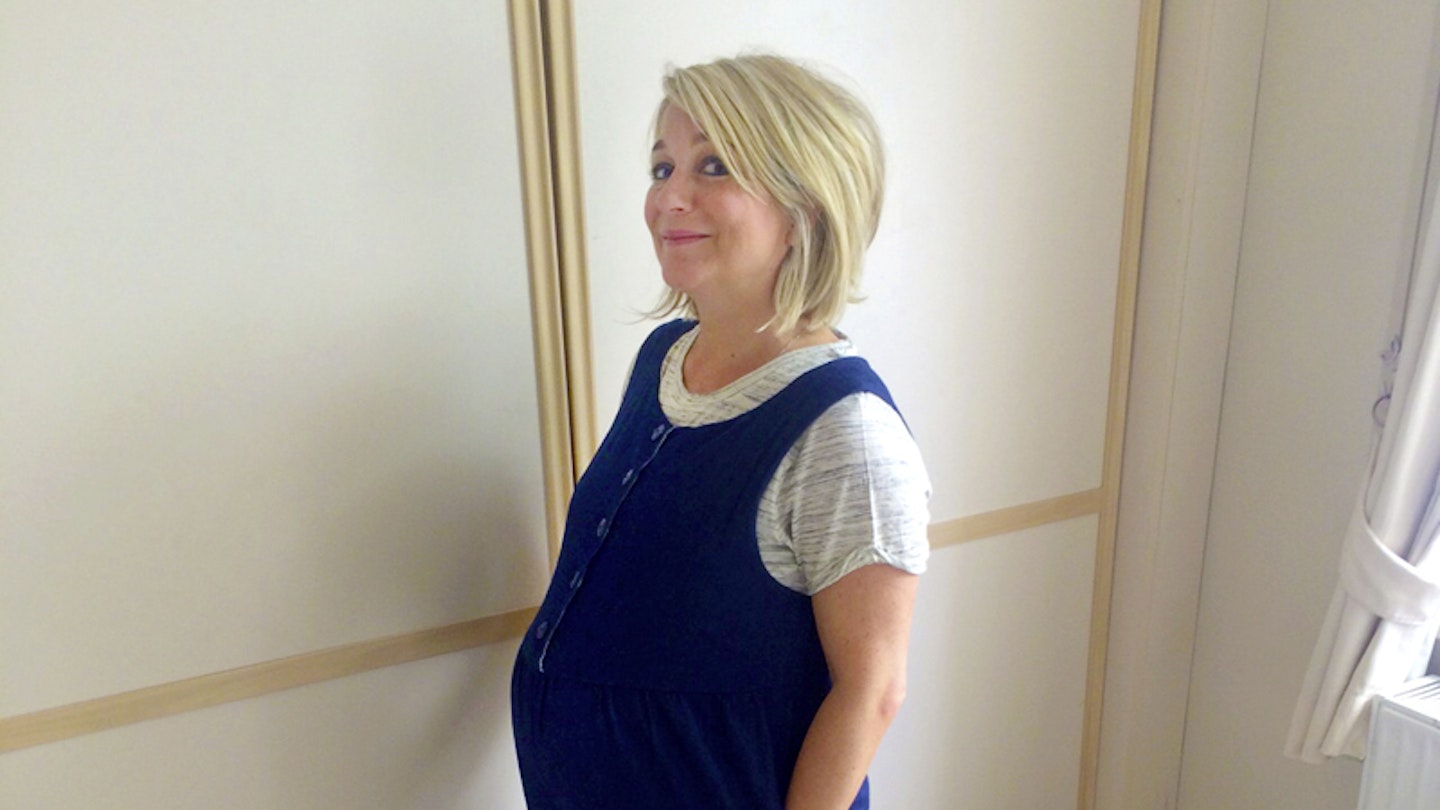After a three-year struggle to conceive, Lucie Cave finally discovered she had ‘natural killer cells’ – a condition which most women trying to get pregnant have never even heard of.
Natural killer cells is a scary name at first, but, when you remain informed and get a diagnosis, the fear you may be feeling will hopefully subside and you can start the process of treating the condition. You might even feel a sense of relief knowing why you haven't been able to get pregnant. It's easier said than done, but with knowledge comes power, and like Lucie, a diagnosis can be the first step to conceiving.
If you're curious about Lucie's story and wondering what natural killer cells are plus how to handle this seemingly mysterious condition, keep reading to find out more.
What are Natural Killer Cells?
-
NK cells are sub-types of white blood cells which, as part of the body’s defence mechanism, fight infection.
-
Every organ has particular NK cells to protect it, with the womb having the most. Here, NK cells are set up to help blood supply development to the foetus, and to recognise that foreign cells coming into the body from the father or egg donations are body-friendly.
-
However, if you have a higher number than normal of these NK cells, or they’re more aggressive than is usual, they may attack rather than protect a pregnancy and cause a miscarriage.
-
In some cases, high levels of NK cells can prevent implantation/pregnancy in the first place. It is possible to treat women who have problems with both conception and miscarriage.

What is another name for a natural killer cell?
Natural killer cells are also called large granular lymphocytes (a type of cytotoxic lymphocyte critical to the innate immune system). You may see this name instead when you're researching or your doctor may use it from time to time.
Treatment for Natural Killer Cells
-
Dr Shehata says: "Steroids are the main drug used as treatment and they work by reducing the percentage of NK cells in the womb. Then there are intralipid infusions and other drugs that we use and combine, according to tests we’ve done."
-
Everyone has different levels of NK cells. Treatment has to be tailored to the individual. "Once a woman is identified as having NK cells, my job is about getting the right combination of medication to get the right balance in the cells," says Dr Shehata.
-
Medication is reduced gradually after 12-16 weeks. "By 10 weeks, the foetus starts producing its own steroids,’ says Dr Shehata. ‘I advocate weaning off the treatment from around 12 weeks, then the baby and the placenta produce natural components of these immune substances themselves."
-
Most doctors are aware of the condition. However, the treatment has not yet got enough scientific proof of being effective or safe to be offered on the NHS. It is only available privately and costs around £2,500.
Lucie tells us her real-life story about Natural Killer Cells, and how she found a cure for her miscarriages.
"I’m so sorry, Ms Cave, I’m afraid we can’t detect a heartbeat.’ It was the second time in three years I’d been pregnant, and the second time the doctors had given me the devastating news I’d had a ‘silent miscarriage’.
This meant that I didn’t know anything was wrong with the baby I was carrying until I went for my first scan. I’d just hit my 40th birthday and in a few months I was due to marry Ben. I was told by my NHS doctor that, while it was sad and unfortunate, it was ‘perfectly normal’ for someone of my age to miscarry.
‘Just keep at it,’ she said, insisting there was no cause for concern until I’d had three or more miscarriages. I kept trying to tell myself that getting pregnant in the first place was the hardest part, but the thought of going through the same thing again only to find out it hadn’t worked was almost too much to bear.
Then I found my miracle – when I was having my eyebrows waxed!
My facialist was talking about her little girl. She told me she’d miscarried four times before she got lucky. Like me, she’d been told by her doctor to ‘keep at it’, but she couldn’t fight the feeling there was more to her situation than just bad luck.
Determined that there must be someone who could help her, she trawled Google and found Dr Hassan Shehata, a specialist in miscarriages (miscarriageclinic.co.uk).
Among the articles she’d read about his work was a case study of a woman who’d had 20 miscarriages over 10 years. He and his team identified her own body’s natural killer (NK) cells had ended her pregnancies. He gave her a bespoke treatment of drugs and the woman went on to have a healthy baby boy.
My facialist had visited Dr Shehata and was diagnosed with the same condition. Following treatment she was able to have her little girl, and since our chat has had a baby boy.
Not surprisingly, I went to see the wonder doctor for myself. Several blood tests later came the bombshell that I too had a very high count of NK cells. It sounded bad, but Dr Shehata told me that this was ‘very good news’, because now I could finally start to get answers, treatment and help in maintaining a pregnancy full-term.
I was prescribed treatment to calm down my immune system. There were steroids, to stop the NK cells attacking the pregnancy, and Cyclogest pessaries, which balance the immune system and give hormonal support. I also had infusions to help calm down the NK cells, and 75mg of aspirin daily to improve the blood supply to a growing foetus. In addition, I had the vitamins all women wanting to become pregnant should take, including vitamin D and folic acid.
I didn’t have any side effects from the treatment, apart from getting a slightly puffy face when the steroids were at their highest dose. If anything, I actually had more energy than normal.
Dr Shehata’s pioneering work isn’t just about immune therapy, but also, crucially, around timing of the treatment. He starts treatment from the time of ovulation rather than pregnancy. So Ben and I were instructed to refrain from having sex until the steroids had started working at a sufficient rate to prepare my body for pregnancy.
I started the immune therapy at the end of September last year. Determined not to miss a window of opportunity I bought an ovulation kit and peed on it religiously every day which, as anyone who’s done this will testify, turns love-making into a regimented science lesson. Ironically, it was only when we forgot to use the kit on holiday that it actually worked… and five weeks later, in January, I was pregnant!
On Dr Shehata’s instructions, I upped my dose of steroids and waited nervously until our first scan at six weeks. I had previously had private scans at eight weeks, and each time they hadn’t been able to detect a heartbeat, so Ben and I could hardly dare believe that it might have worked.

Dr Shehata wasted no time starting the ultrasound and, with a smile, uttered the long-awaited words: ‘There’s a heartbeat.’ After that, we counted the days until we were past the 12-week mark before allowing ourselves to get excited. We had a blood test to check for Down’s syndrome, which came back low risk. Then we were asked if we wanted to find out the sex. We did. We were expecting a boy! Dr Shehata was incredibly patient and, when Ben asked to see ‘the evidence’, he obligingly labelled up a ‘willy pic’ – an interesting way to start the family album!
Once I got past the 12-16 week mark, I was treated as a normal pregnancy. I’m now nearing the end of my eighth month. We still haven’t got a name for our son (at this rate he might get called ‘Steroid’), and we can’t believe we’re finally going to meet him in a few weeks. I pinch myself every time I think how lucky I am that I have such hairy eyebrows! If it hadn’t been for a chance chat with my facialist, I might never have found my miracle doctor."
Since we interviewed Lucie, she has given birth to a healthy and happy baby boy, Ridley... Congratulations Lucie!
If you are struggling with miscarriages, for whatever reason, there is support out there. You can talk to your GP, take comfort in your loved ones, or contact a charity like Tommy's, which have some amazing resources available.
Lucie Cave is the Chief Content Officer at Bauer Media and mum-of-two! Lucie is also Co-founder of Bauer’s Mental Health campaign wheresyourheadat.org.
